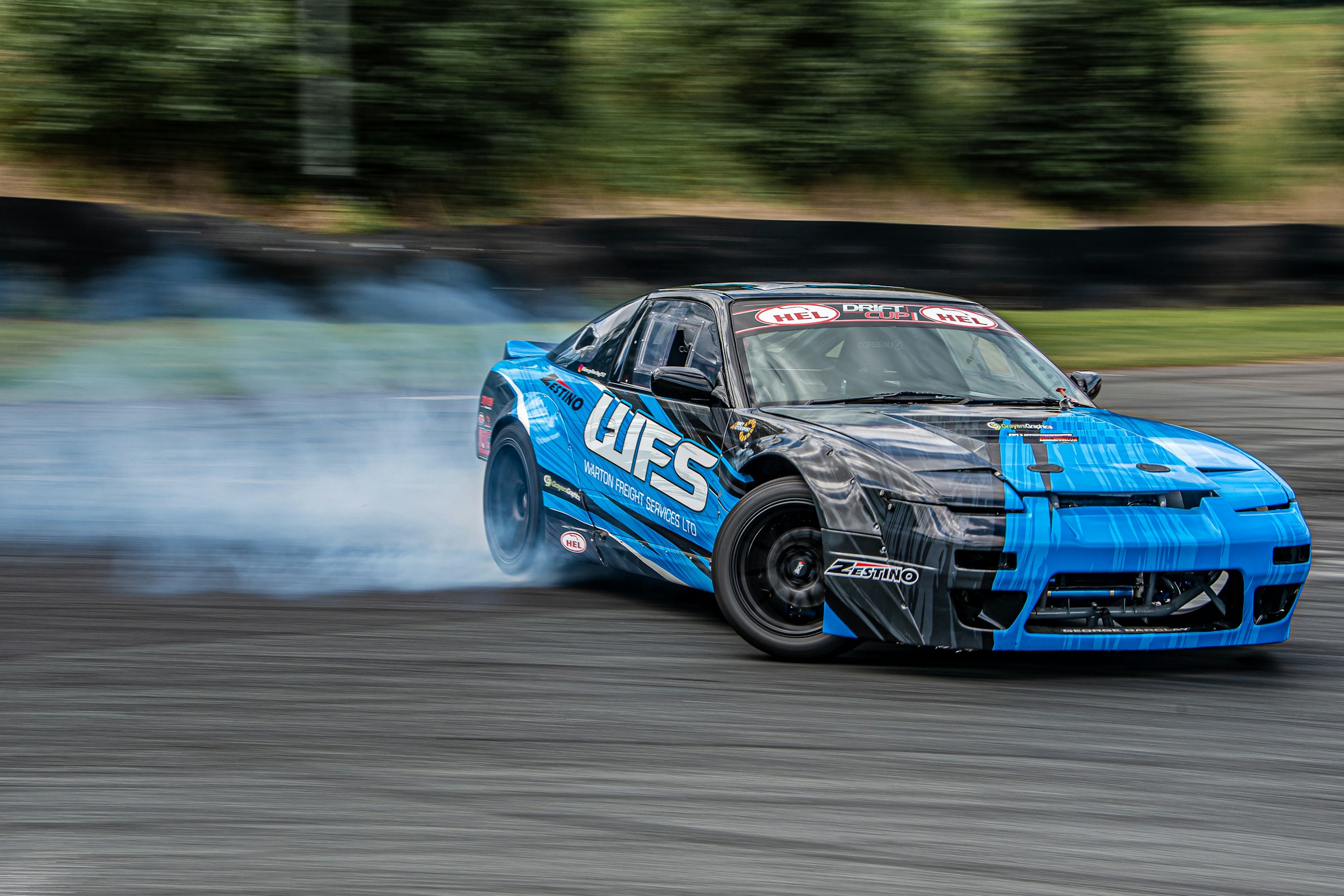Self-drive cars, instant information, virtual buzz; sounds like the future of motoring, doesn’t it? As luck would have it, it’s the future of online gaming as well. Here’s how two unrelated industries are following different paths to the same technologically driven destination.

You might not immediately link online casinos with the automotive world. One’s about high-speed machines and rubber-burning performance, the other about spinning wheels and digital jackpots. But take a closer look under the hood, and you’ll notice that both industries are fueled by some of the same cutting-edge tech.
From artificial intelligence to augmented reality, and from gaming to personal customers, the intersection is not coincidental, it’s a precursor to how innovation evolves between divergent divides. If you’re a driving enthusiast who also fiddle with tech or gaming, buckle up. This ride will leave you nostalgic about being reminded just how much your dashboard and your virtual poker game are intertwined.
Tech bridges: Cross-industry platforms
Cross-industry platforms
Some are combining aspects of both sectors into one platform. Consider online platforms that use AI to match buyers with the most advantageous offers, similar to how some auto sites aid buyers with finding the right EV incentives.
One such platform, Bonuses.com, handpicks special promotions and offers from a wide selection of online sportsbooks and casinos. These platforms typically market new online casinos, providing customized recommendations and live notifications, similar to the manner auto platforms recommend new EV charging apps or dealer services.
It’s about simplifying decisions in an over-saturated marketplace with technology, an issue both sectors are very familiar with.
Shared tech that’s pushing both worlds
AI and machine learning: Smarter than ever
Artificial Intelligence (AI) is not just helping Teslas stay in their lane or BMWs in predicting maintenance needs. It’s also revolutionizing the world of online casinos. AI software is used to analyze user behavior in real-time, tailoring the betting experience by showing users tailored promotions, games and even predicting what type of bonus a gamer will choose.
Sounds a lot like the kind of predictive behavior we’re witnessing in networked automobiles, doesn’t it? Either way, it’s all about real-time tweaking, whether you’re cruising around on autopilot or engaged in a computer-generated game of blackjack.
User experience: Immersion is key
In cars, corporations are marketing immersive virtual instrument panels, voice-activated infotainment systems and control units that understand your preferences. Mercedes-Benz’s MBUX, for example, pairs AI with user behavior to alter lighting, tunes and even message settings.
Online gambling websites are getting on the bandwagon too. Websites are ditching old interfaces for sleek, interactive UIs that feel less like an online casino and more like playing a game. A couple even use augmented reality (AR) to place live dealers in your living room, much like some auto manufacturers are doing with AR for heads-up displays. It’s about having you entertained when you’re driving or playing at the virtual tables.
The race to real-time data
5G and latency: Speed matters
When you’re watching a live F1 race or playing a cloud-powered driving simulator, latency is the arch-nemesis. The same is true for live casino games. Both industries are investing heavily in 5G and edge computing to rid delay and improve real-time performance.
Car manufacturers are capitalizing on this for enabling vehicle-to-vehicle (V2V) communication and self-driving cars. Online gambling sites, in their turn, are capitalizing on it to enable live dealer games with zero delay, a strict necessity for hardcore gamblers.
Gamification and human psychology
The reward loop: Keeping users hooked

Gamification is no longer the exclusive domain of mobile apps. The automotive industry is using it to promote environmentally friendly driving habits, encourage safe driving and even create car servicing reward programs. FordPass from Ford and BMW’s Points program are great examples.
Online casinos, of course, pioneered the reward loop with ease. With tiered VIP programs, achievement badges and customizable rewards, the experience is more like an Xbox game than a traditional casino.
These emotional benefits are being manifested in connected car apps today to engender loyalty and stimulate engagement. The objective? Encourage the user to come back, for another go-round or another ride.
Looking ahead: The autonomous gamble
Future crossovers on the horizon
Here’s a puzzle: As increasing numbers of driverless vehicles hit the road, what will people do behind the wheel when they’re no longer driving? You got it, watch the content.
Whether it’s watching Netflix, telecommuting or indeed playing some blackjack on a validated casino app, the car of the future is essentially going to be a rolling entertainment pod. The auto companies recognize this, and they’re already teaming with content producers and platforms to get their entertainment sets in place.
The online gambling world might just find itself with a whole new user base; bored commuters who want something more engaging than Candy Crush.
More in common than you’d think
At the surface, the automobile and online casino sectors appear to be doing business in totally different lanes. But if you peek inside the engine of their technology playbooks, the similarities are difficult to ignore. AI, real-time information, customized experiences, gamification, these are the trends shaping both how we drive and how we gamble.
As tech further dissolves lines between online and offline, more overlap is in store. Who knows? Maybe the next time you hop into your autonomous vehicle, it’ll already have your favorite online casino with it, and be able to drive you for thrills beyond navigation.
So, whether you’re a gearhead, a tech nerd or just someone curious about where industries are heading, keep an eye on how these two seemingly different worlds are racing toward the same future.
Article Last Updated: September 4, 2025.
